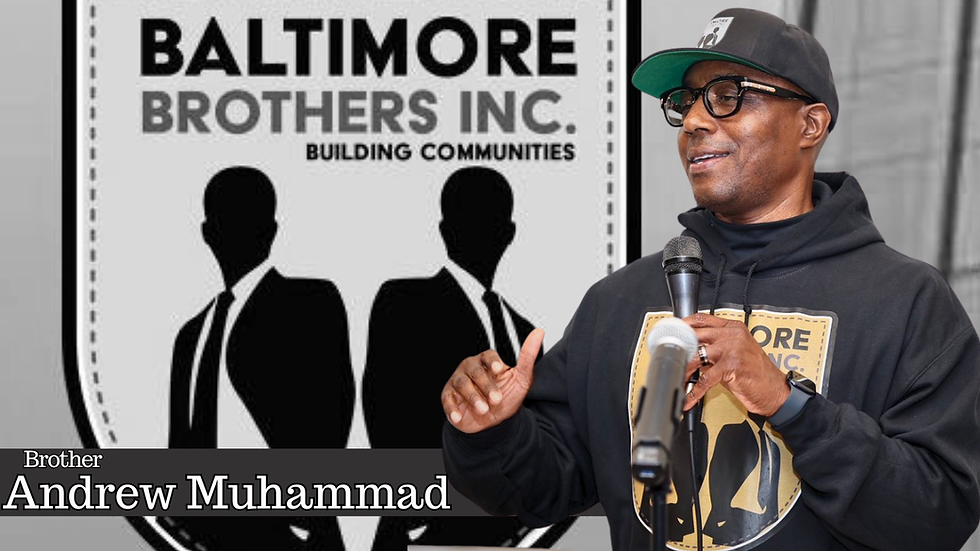“The Fall of Neocolonialism? Inside Ibrahim Traoré’s Economic Vision for Africa”
- Brother Levon X

- Mar 21
- 3 min read

Ibrahim Traoré is a name that’s rapidly gaining recognition across the globe—and for good reason. At just 36 years old, he’s emerged as one of the youngest and boldest leaders on the African continent, currently serving as the President of Burkina Faso.
But his age is not the only thing that makes him unique. It’s his spirit, his vision, and his unapologetic push for self-reliance that is sending waves far beyond the borders of his nation.
On September 30, 2022, Traoré rose to power following a military-led shift in government that removed interim president Paul-Henri Sandaogo Damiba. This move wasn’t simply about seizing control—it reflected a growing desire among the people of Burkina Faso for change, sovereignty, and a break from foreign dependency.
Mr. Traoré’s leadership is not just about politics—it represents a broader movement on the continent, one that echoes the dreams of past visionaries like Libya’s Muammar Gaddafi, who famously called for a united and independent Africa free from Western control.
Since assuming office, Traoré has been quick to take action. One of his most noteworthy achievements came on March 20, 2025, when he inaugurated the Sino-Burkinabè Industrial Cement Company (CISINOB) in Laongo, Ziniaré. This $43 million initiative aims to strengthen local infrastructure and reduce reliance on imports by producing cement domestically. More than 100 permanent jobs were created through this project, reflecting a commitment not just to economic growth but to grassroots empowerment.
Yet, economic reform is only one part of the story. President Traoré has also reimagined Burkina Faso’s foreign policy. He has decisively reduced ties with former colonial powers, most notably France, and helped form the Alliance of Sahel States alongside Mali and Niger. This regional partnership focuses on mutual security and economic cooperation, and marks a bold step toward African self-determination and solidarity.
What’s perhaps most symbolic of Traoré’s vision is his attention to cultural identity. Under his leadership, Burkina Faso’s judiciary has replaced the traditional French judicial robes with garments made from locally-sourced cotton. It’s a small but powerful gesture—a visual representation of reclaiming African pride and breaking with colonial legacies that still linger in many post-colonial institutions.
This is the kind of leadership that should inspire not only Africa but the global Black diaspora—especially those of us in America. Too often, we have looked to Western politics and systems that have historically failed our communities, hoping that one election, one policy, or one candidate would bring liberation.
But as Brother Malcolm X once said, “If you’re not careful, the newspapers will have you hating the people who are being oppressed, and loving the people who are doing the oppressing.”
We must start asking deeper questions: Who owns our resources? Who controls our narrative? And most importantly, how can we take our future into our own hands?
President Traoré is a walking example of doing for self. His leadership reminds us that sovereignty doesn’t start with permission—it starts with the will of the people and the courage to break old ties. It’s time we in the Black community begin thinking globally again, not just as citizens of a country that often marginalizes us, but as citizens of a planet filled with opportunity, culture, and shared struggle.
We need to explore partnerships with nations like Burkina Faso that are redefining what it means to be free and independent in this modern age. Just as Gaddafi once dreamed of an Africa with its own currency, military, and united purpose, Traoré is reviving that vision for a new generation.
This isn’t just African news—it’s Black news. It’s a wake-up call to all of us who dream of liberation. The next chapter of our freedom may not come from Capitol Hill or city hall, but from alliances built across oceans, rooted in shared history, mutual respect, and a common goal: sovereignty.
Let us not just watch history unfold—let’s be part of it.
Sources & References:





Comments